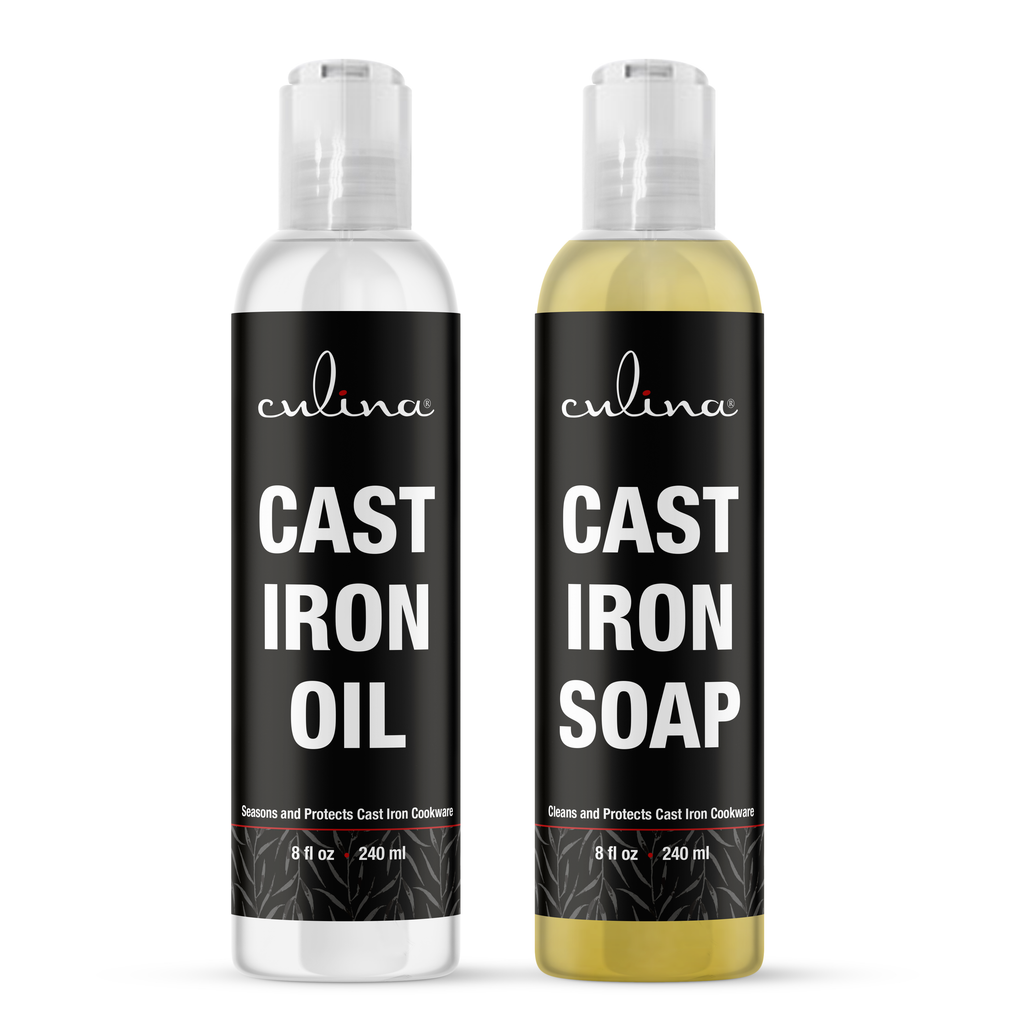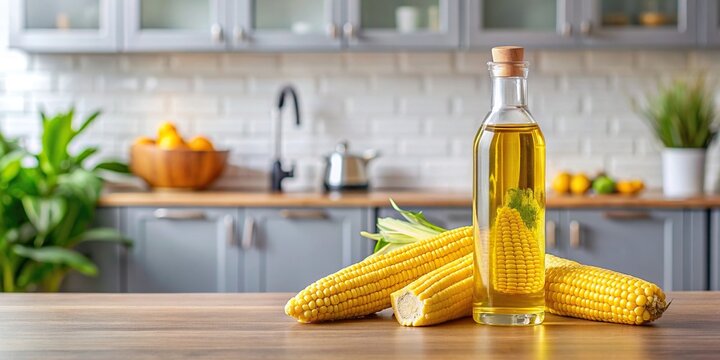Life-Changing Tips to Clean Kitchen Floor: Are You Ready?
Why is it that kitchen cleanliness is so often neglected, even by those who take great pride in their homes? If you're a beautician, you're probably aware that the best beauty treatments are rendered useless in a dirty environment. This makes it essential to learn how to clean kitchen floor effectively for both aesthetic and health reasons.
Your kitchen floor is a high-traffic area subject to spills, grime, and a variety of contaminants that can linger. This not only makes it visually unappealing but also poses health risks. The good news is that you can transform your kitchen floor from a dirty mess to a sparkling wonder in just a few steps!

Understanding Different Types of Kitchen Floors
Before you dive into the cleaning process, its crucial to identify the type of flooring you have. Different materials require different cleaning methods.
- Tile: Commonly found in kitchens, tile floors are durable but can trap dirt in grout lines.
- Vinyl: This economical option is moisture-resistant and easy to clean.
- Wood: Wooden floors require gentle handling to avoid damage but exude warmth.
- Laminate: Less maintenance intensive but can be damaged by excessive moisture.

Essential Cleaning Supplies
Before commencing your floor cleaning mission, gather your supplies. Heres a list of essential items youll need:
- Bucket: For mixing cleaning solutions.
- Mop: A microfiber mop is recommended for gentle cleaning.
- Floor Cleaner: Choose a cleaner suited for your floor type. A gentle, natural cleaner can work wonders.
- Scrubber: For tough stains or grime.
- Broom and Dustpan: To clear away loose dirt.

Step-by-Step Guide on How to Clean Kitchen Floor
Here's a comprehensive guide on how to clean your kitchen floor effectively:
1. Clear the Area
Start by removing all furniture and appliances that might obstruct your cleaning. Sweep or vacuum to eliminate loose debris.
2. Choose the Right Cleaner
Select a cleaner suitable for your floor type. If you prefer a natural solution, a mix of vinegar and water can work as a fantastic cleaning agent.
3. Mop the Floor
Dip your microfiber mop into the cleaning solution and start mopping. Always start from the furthest corner and work your way towards the exit.
4. Scrub Stains
Stubborn stains may require a more hands-on approach. Use a scrubber with your chosen cleaning solution to tackle these spots.
5. Rinse and Dry
Once you've finished mopping, rinse the floor with clean water to remove any residue. Allow the floor to dry completely to avoid slips.
6. Maintain Regular Cleaning
For long-lasting cleanliness, develop a routine cleaning schedule.

Tips for Maintaining a Clean Kitchen Floor
Consistency is key! Here are some tricks to keep your kitchen floor looking pristine:
- Wipe up spills immediately to prevent stains.
- Keep a mat at entry points to reduce dirt brought from outside.
- Use furniture pads under heavy appliances to reduce scratches.
Natural Cleaning Solutions
As a beautician, you may prefer using natural products. Here are some simple and remarkable homemade cleaners:
- Baking Soda: A gentle abrasive that can be mixed with water to form a paste for scrubbing.
- Vinegar: Great for cutting grease; just mix with water for a safe solution.
- Essential Oils: Add a few drops of tea tree oil in a cleaning spray for an antiseptic touch.
Understanding the Importance of a Clean Kitchen
Maintaining a clean kitchen is not just an aesthetic concern. It plays a critical role in keeping you and your family safe from foodborne illnesses. A well-kept kitchen also enhances your mood, allowing you to unleash your creativity while preparing meals.
If you're interested in other aspects of kitchen cleanliness, explore how to clean kitchen cabinets or learn how to clean kitchen sink drain.
FAQs
1. How often should I clean my kitchen floor?
It's generally recommended to mop your kitchen floor weekly, whereas daily sweeping may be necessary to keep debris under control.
2. Can I use bleach to clean my kitchen floor?
Bleach is effective but can be overly harsh on some materials. Use with caution and preferably dilute it.
3. What is the best way to clean sticky residue?
For sticky spots, a solution of warm water and vinegar can be effective. Let it sit for a few minutes before wiping.
For comprehensive cleaning tips for commercial spaces, you can refer to this guide on how to clean a commercial kitchen.
As an Amazon Associate, I earn from qualifying purchases.

